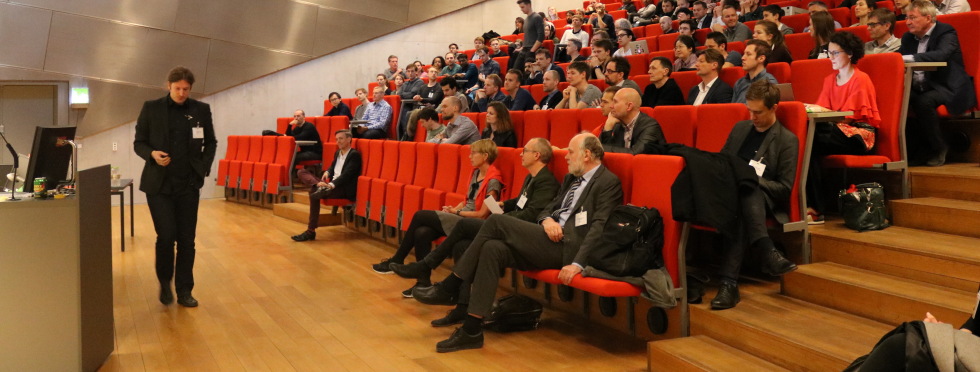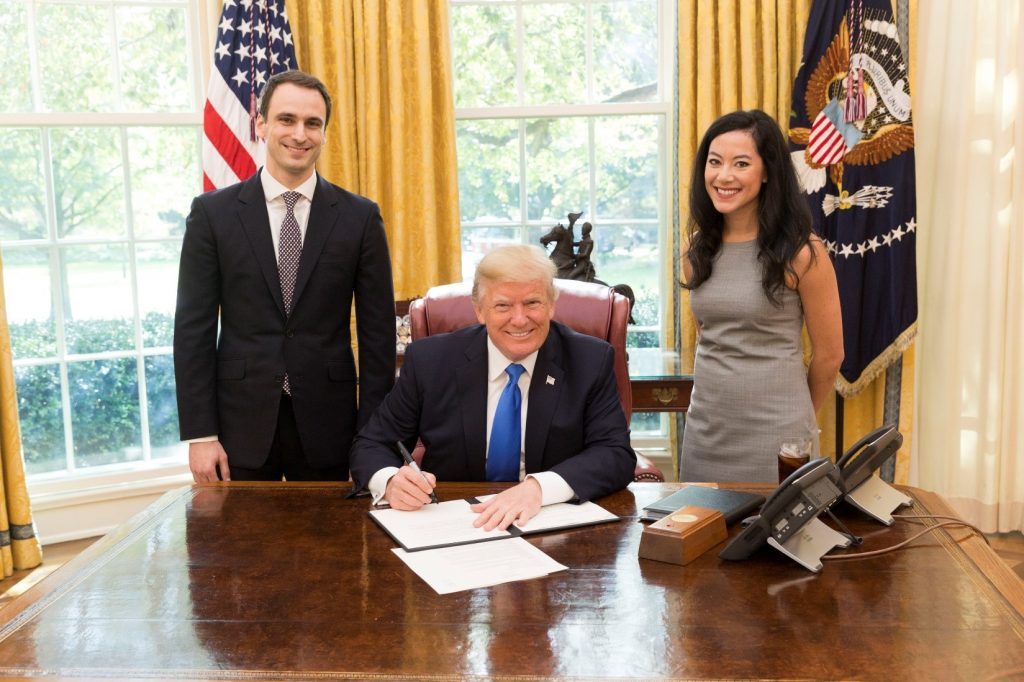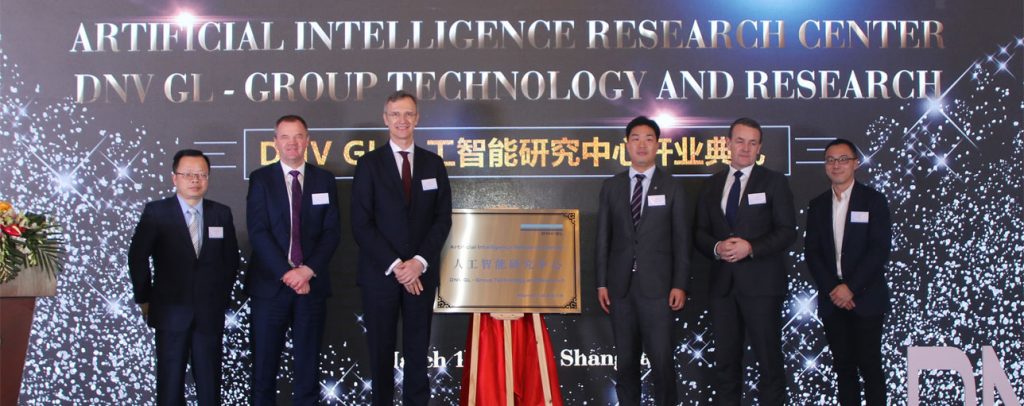We have been tracking new developments in AI strategy, and here are five ambitious and innovative countries we believe you should be paying attention to.
Think back to when nations were competing to be the first in space. Science became the dramatic arena of the Cold War. Government funded research and public declarations such as President Kennedy’s bold promise that the US would land on the moon within a decade, propelled scientific achievement forward leading to important milestones in human history.
While perhaps less contentious, today’s race to lead the world in artificial intelligence (AI) is once again prompting national governments to play a major role in science. Government efforts influence the level of support for research and development, and more importantly shape the new AI rules and regulations.
Canada Pioneers AI Strategy
Canada was the first country to ever release a national AI policy. In March 2017 they made AI as a research priority and pledged to spend CAN$125 million over five years. The University of Toronto and the University of Montreal have become world leaders for research in deep learning machines, and the Canadian government is working to support university graduates skilled in AI development and recruit foreign talent. Thanks to federal support, Canada is now home to over 200 AI startups, driving further growth for their tech industry.
Canada is not only looking to expand AI, but also to ensure it’s being ethically used. Through an open forum The Montreal Declaration for a Responsible Development of Artificial Intelligence was created in December 2018, listing aspirations including privacy protection, ensuring equal benefits, and supporting environmental sustainability.

Denmark places ethics first
Denmark has been named one of the most digitized nations in the EU, thanks to many government online services. For example making a doctor’s appointment or reviewing taxes are just a few clicks away on your smartphone. Despite this, Denmark’s investment in AI research is just gaining speed.
The focus here has been on setting up strong protections to regulate AI. In March of this year, Denmark established an AI ethics board and released the Danish National Strategy for AI focused on protecting self determination (ensuring machines do not make decisions for us), protecting human dignity and equality. Denmark has stated the next steps are to increase investments and improve knowledge, with a newly created AI science center at the University of Copenhagen.

Japan applies AI for a Better Future
Japan has ambitious goals for digitization, and sees AI as a part of a 5th societal transformation, called Society 5.0. The vision for Society 5.0 imagines inclusive and sustainable cities powered by digitization in all aspects of life to solve Japan’s greatest challenges. Society 5.0 is looking to use AI to help an aging population and reduce pollution, in alignment with the UN Sustainable Development Goals. This vision has received major support from the Japanese public and industry alike.
Japan is also using AI to revitalize its economy, planning $87 million in robotic investments, with the market for internet of things (IoT) poised to hit $6 billion in 2019. Some of the top Japanese companies in the AI space include Panasonic and Sony that lead in both vision about what AI can become and the technology itself.
American companies lead research & development
While Denmark’s approach leans heavily on the social governance aspects of AI management, the United States falls on the other side of the spectrum with a more business led approach. Home to tech leaders in Silicon Valley, the United States is a major leader for patent creation and research investment. Private investment from American companies (such as Amazon, Google, Microsoft and Apple) is extremely high, accounting for 50% of the global investments in AI research.
Despite heavy involvement in the sector, for many years the US had taken a hands off approach to AI with no formal policy for the responsible use of AI. In February of this year President Donald Trump signed the American AI Initiative focused on protecting US leadership on AI deployment. Critics have voiced that there is a lack of specified actions and an over reliance on private funding for goals to be achieved.

China is top AI investor in the world
China is looking to quickly catch up to the US, and is developing a $2.1 billion premier AI center by 2030. A municipal government like Shanghai plans to invest $15 billion, more than many national governments, demonstrating the strong drive for innovation. Global certification giant and partner of Sustainia, DNV GL, has twenty offices in China and just opened an AI center in Shanghai this year, to provide new layers to auditing, inspection, and survey services.
China now has more research papers on AI than any other country, though the number of citations does not always reflect quality or level of influence. AI has been heavily implemented already, with facial recognition deployed at supermarkets, transport stations, and pedestrian crossings, leading many AI leaders to call for discussions on how to manage privacy risks.

Unlike the space race of the past, the AI trend is truly global and national governments are taking a strong look at how to position their countries as leaders for responsible AI. If governments and businesses are not participating in this effort, they risk being left behind. We will continue to keep you updated on these five national initiatives and more, such as the movements of nations like Israel who have yet to create a formal policy around AI, despite a robust tech industry.
Want to know more?
Sustainia is a global sustainability advisory firm that specialises in impact technology and artificial intelligence. Based in Copenhagen, Denmark and Guangzhou, China we research and develop new insights and market opportunities. Sustainia is a co-founder of the Global Opportunity Explorer, the world’s largest platform for vetted and verified sustainable solutions, and serves as a matchmaker between business solutions and global challenges.
For more information, contact CEO Rasmus Schjødt Pedersen at ai@sustainiaworld.com.